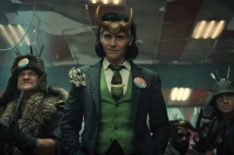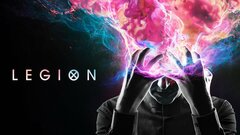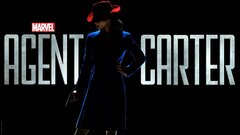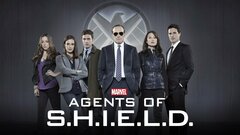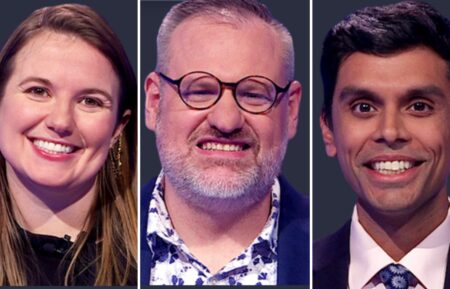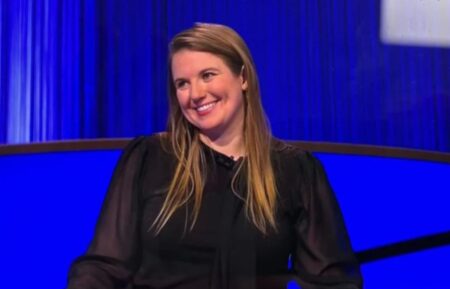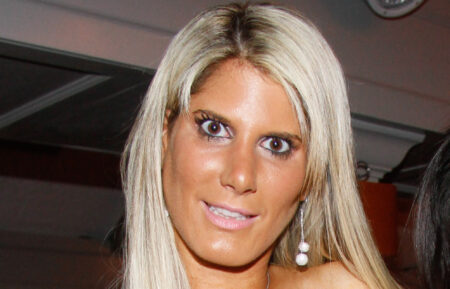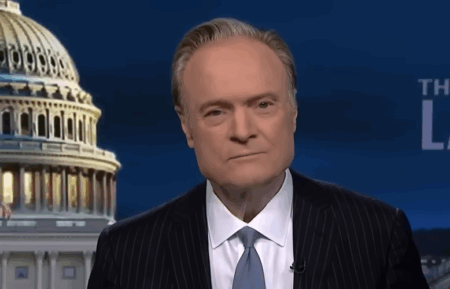‘Helstrom’s Demise Is the End of an Era for Marvel Television
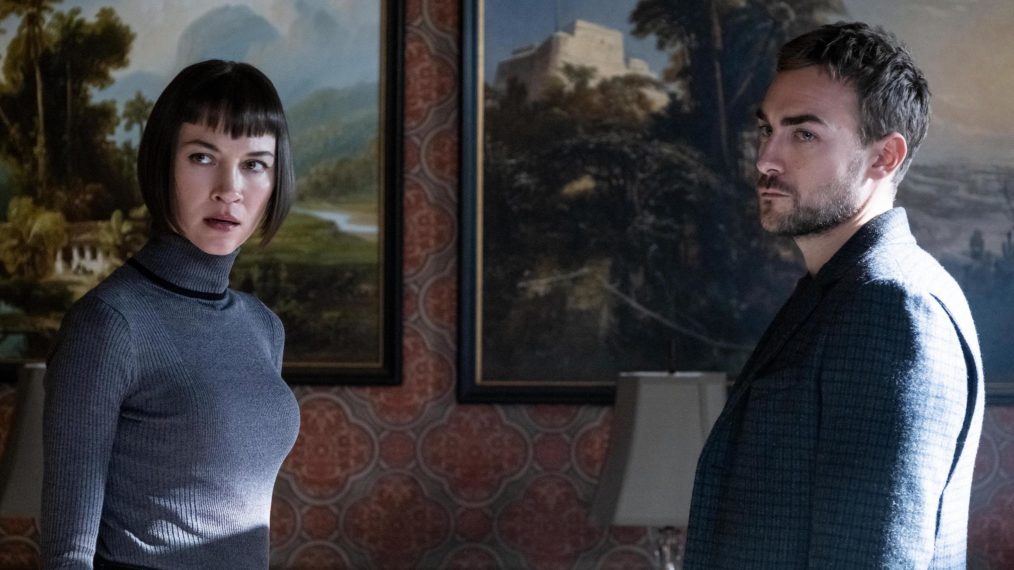
Hulu’s Helstrom didn’t make much of an impact during its brief life — critics never warmed to the series, and its swift cancellation this month suggests viewers didn’t either — but with that show gone, Marvel closes one chapter of its television legacy.
Helstrom was the last live-action production of Marvel Television, the now-defunct company that gave us superhero shows on ABC, Fox, FX, Freeform, Netflix, and Hulu. Marvel stories will still light up the small screen, of course, but almost exclusively on Disney+ and oftentimes through limited series.
Although it ended quietly, the Marvel Television era began with a lot of fanfare. A pre-Avengers Marvel created its television division in June 2010, when the Marvel Cinematic Universe was just three films into its first phase. The company tapped Jeph Loeb — a veteran of the Lost and Heroes writing rooms, and a former comic book writer — to lead the division and bring Marvel heroes to our living rooms.
After incubating ideas for three years, Marvel Television got its first series order in May 2013, when ABC gave the green light to Marvel’s Agents of S.H.I.E.L.D., an adventure drama set in the MCU, with a pilot helmed by Avengers director Joss Whedon. When S.H.I.E.L.D. premiered that September, it scored the biggest network drama debut in four years, according to TheWrap.
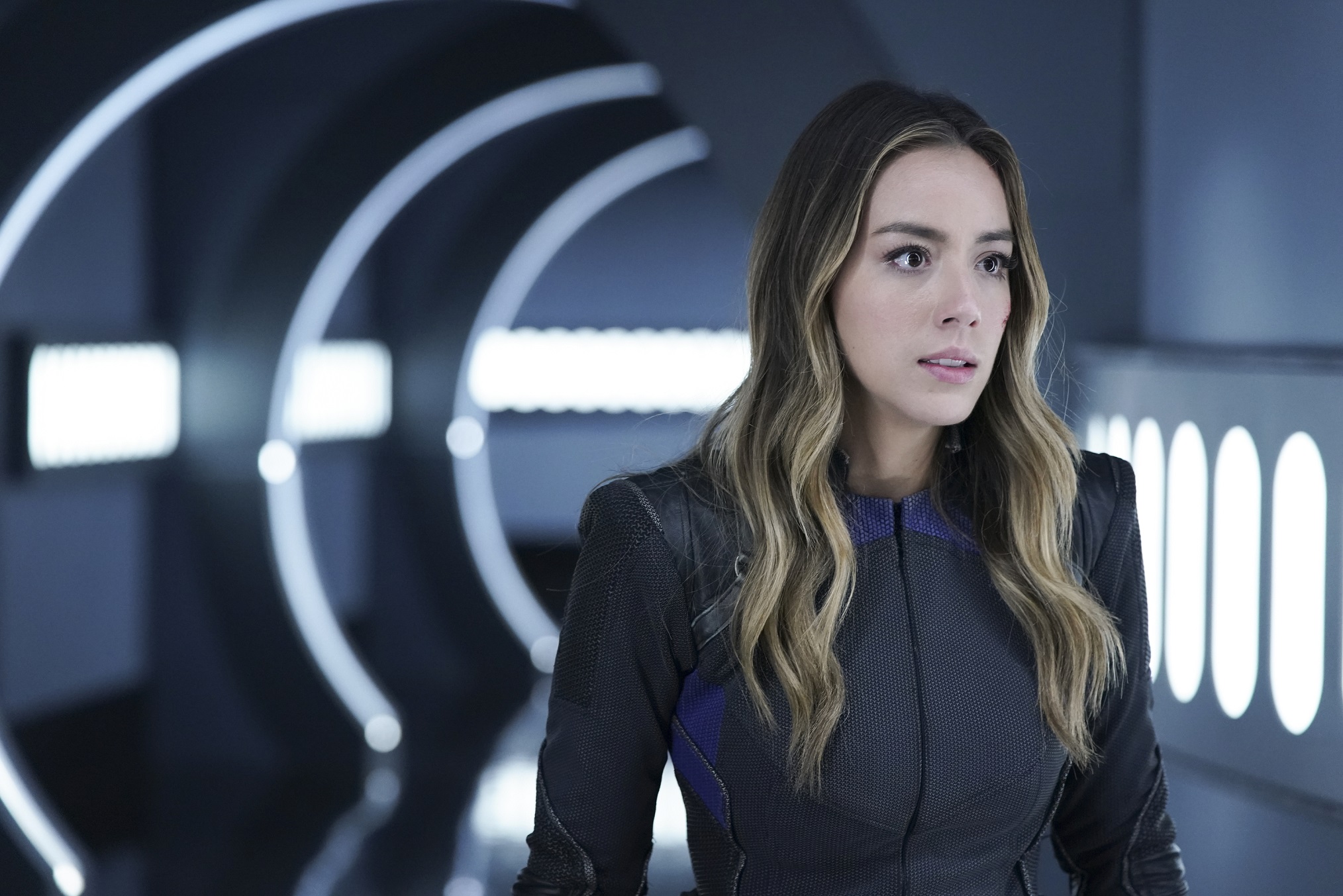
Mitch Haaseth/ABC
Then, that November, Marvel announced an “unprecedented deal” with Netflix to make “Marvel‘s most ambitious foray yet into live-action TV storytelling” with four serialized series—Daredevil, Jessica Jones, Iron Fist, and Luke Cage—and a “dream team” miniseries event, The Defenders, that would bring those titular heroes together. “This deal is unparalleled in its scope and size, and reinforces our commitment to deliver Marvel’s brand, content and characters across all platforms of storytelling,” Alan Fine, then the president of Marvel Entertainment, said at the time. “Netflix offers an incredible platform for the kind of rich storytelling that is Marvel’s specialty.”
But the deal was “super” news for Netflix, too. At the time of the announcement, Netflix’s then-fledgling streaming platform had only just started building its slate of original programming. “We’re thrilled to be working with Disney and Marvel to take our brand of television to new levels with a creative project of this magnitude,” said Ted Sarandos, then the company’s chief content officer.
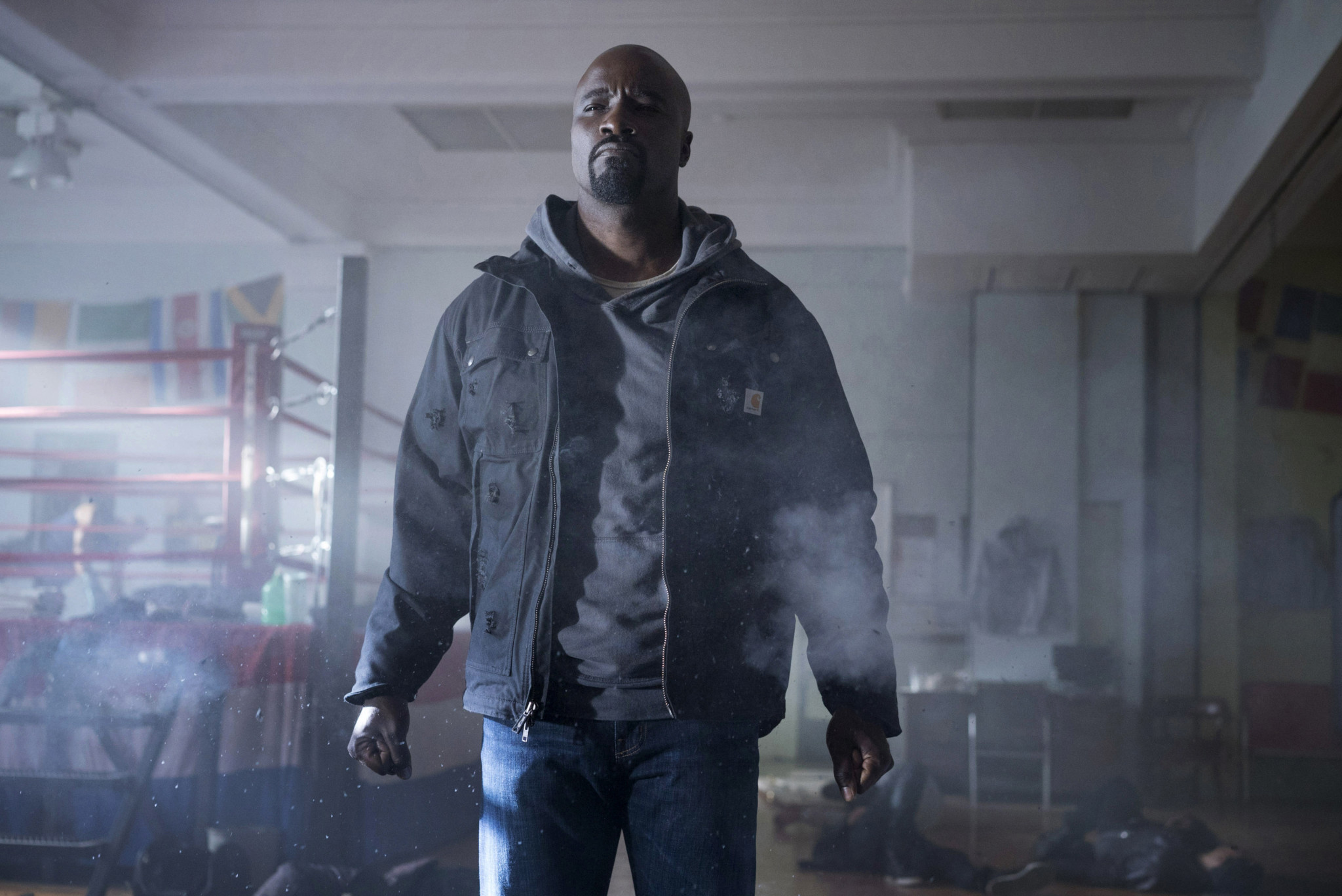
Netflix
Those Netflix series came out between 2015 and 2017, and most of them impressed critics, like the ones who called Daredevil “beautifully acted,” Jessica Jones “psychologically complex,” and Luke Cage a “soulful hip-hop western blend of Hercules and The Wire.” The only dud of the bunch, it seems, was Iron Fist. “If the Marvel-Netflix team-up has sought to assemble the Beatles of brooding brawls, think of Iron Fist as a notch below Ringo,” quipped CNN’s Brian Lowry.
Along the way, Marvel added more shows to its portfolio—all across the TV dial and on various streaming platforms. A beloved character from the Captain America films got her closeup in ABC’s Agent Carter. FX offered a trippy X-Men spinoff with Legion. Marvel’s Inhumans premiered on ABC and in IMAX theaters. Fox’s The Gifted told a mutant tale in a world where the X-Men have gone missing. And Hulu’s Runaways and Freeform’s Cloak & Dagger brought Marvel’s superheroes to a teen audience. And Daredevil got a spinoff of its own with Netflix’s The Punisher.
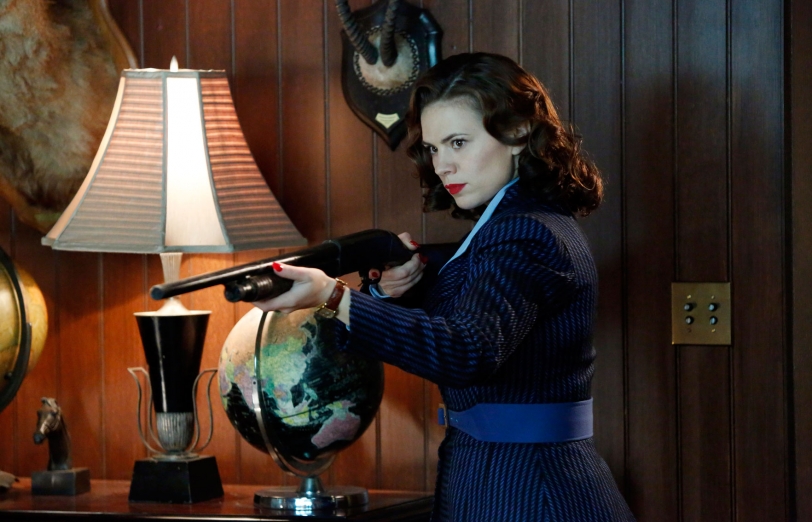
Kelsey McNeal/ABC
Of course, not all of those shows lasted long — Agent Carter was canceled in 2016, and Inhamans’ sole season aired the following year. But no one expected Netflix to cancel all of its Marvel series, as the streaming giant did between October 2018 and February 2019.
In an August 2019 Deadline interview, Loeb said Netflix’s superhero bloodbath left Marvel Television “blindsided” — but he promised Marvel Television was “rising again like the phoenix” as he hyped up Helstrom and forthcoming Howard the Duck and Ghost Rider series. But those latter two projects were ultimately scrapped, as was Loeb’s New Warriors series, per The Hollywood Reporter.
And then December 2019 marked the death knell for Marvel Television: Marvel announced that its TV division would be phased out, with some employees moving to Marvel Studios and many others laid off. “The decision has been made to complete Marvel TV projects that are currently in production, but not continue with any further development,” the company said in a statement, per Deadline. That development came soon after reports that Loeb would be leaving his post, and that his colleague Kevin Feige was ascending to the role of chief creative officer Marvel Entertainment. According to Variety, Marvel Television was on the chopping block as soon as Feige’s Marvel Studios started prepping Avengers spinoffs—including WandaVision, Loki, and Hawkeye—for Disney’s in-house streaming platform.
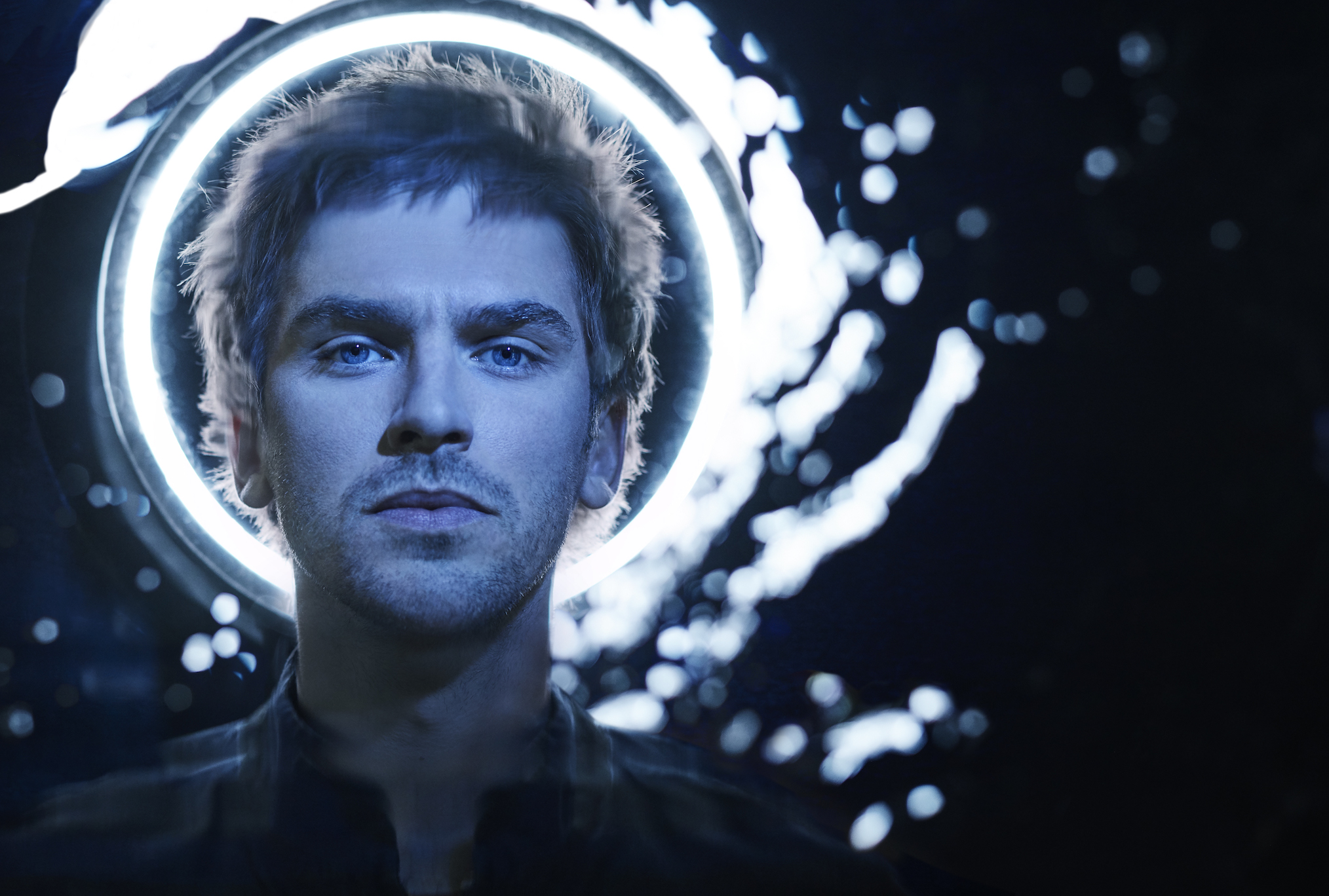
Matthias Clamer/FX
That same year, Legion, The Gifted, Runaways, and Cloak & Dagger met their ends. And here in 2020, now that Agents of S.H.I.E.L.D. and Helstrom have concluded, Marvel doesn’t have an active TV show on air for the first time since 2013.
The good news — for Disney+ subscribers, at least — is that WandaVision, The Falcon and the Winter Soldier, Loki, and Ms. Marvel are all coming next year. And, improbably, Hulu still plans to air upcoming animated series M.O.D.O.K. and Hit-Monkey, two leftovers from the Marvel Television era that were intended to join the scrapped Howard the Duck and Tigra & Dazzler shows in an animated comedy universe dubbed The Offenders.
Marvel Television, with a capital “T,” is gone. But Marvel television lives on, its superheroes now assembling Avengers-style on Disney+. With Marvel Studios now producing the upcoming Marvel television shows alongside its Phase 4 films, fans can expect television series more unified with each other and more integrated into the Marvel Cinematic Universe… for better or worse.
From TV Guide Magazine
How 'Countdown' Recruited Jensen Ackles to Go Full 'Die Hard'
Countdown boss Derek Haas talks creating the character around Ackles, and the cast teases the “Avengers”-like team of the crime thriller. Read the story now on TV Insider.

